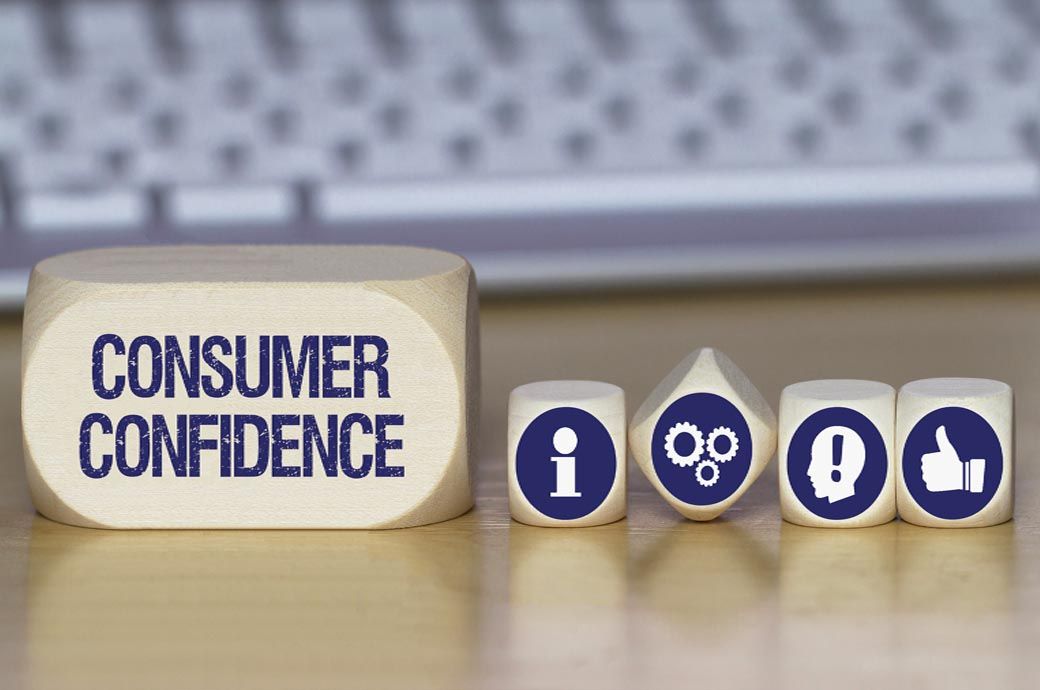
“This is the third consecutive month-on-month decline, bringing the index to the bottom of the range that has prevailed since 2022. Of the five components of the index, only consumers’ assessment of present business conditions improved, albeit slightly. Views of current labour market conditions weakened,” said Stephanie Guichard, senior economist, global indicators at the think tank.
“Consumers became pessimistic about future business conditions and less optimistic about future income. Pessimism about future employment prospects worsened and reached a ten-month high,” she was quoted as saying by a release from the think tank.
The present situation index—based on consumers’ assessment of current business and labour market conditions—fell by 3.4 points to 136.5.
The expectations index—based on consumers’ short-term outlook for income, business and labour market conditions— dropped by 9.3 points to 72.9 in the month, the US think tank said in a release.
For the first time since June 2024, the expectations index was below the threshold of 80 that usually signals a recession ahead.
February’s fall in confidence was shared across all age groups but was deepest for consumers between 35 and 55. The decline was also broad-based among income groups, with the only exceptions among households earning less than $15,000 a year and between $100,000 and $125,000.
Consumers’ assessments of current business conditions improved slightly in February, with 19.6 per cent of them saying business conditions were good—up from 18.5 per cent in January. Bur 15.7 per cent said business conditions were bad—up from 15.2 per cent.
Consumers’ views of the labour market were less positive in February, with 33.4 per cent of them saying jobs were plentiful—down from 33.9 per cent in January. But 16.3 per cent of consumers said jobs were ‘hard to get’—up from 14.5 per cent.
Consumers’ outlook for business conditions turned negative in the month, with 20.2 per cent of them expecting business conditions to improve—down from 20.8 per cent in January. But 26.7 per cent expected business conditions to worsen—up from 19.6 per cent.
Consumers’ pessimism about the labour market outlook worsened, with 18.4 per cent of them expecting more jobs to be available—down from 19.1 per cent in January. But 25.9 per cent anticipated fewer jobs—up from 21 per cent in January.
Consumers were less optimistic about their income prospects in February, with 18.2 per cent of them expecting their incomes to rise—a slight uptick from 18.1 per cent in January. But 13.7 per cent expected their incomes to decrease—up from 12.3 per cent.
“Average 12-month inflation expectations surged from 5.2 per cent to 6 per cent in February. This increase likely reflected a mix of factors, including sticky inflation but also the recent jump in prices of key household staples like eggs and the expected impact of tariffs,” she said.
“References to inflation and prices in general continue to rank high in write-in responses, but the focus shifted towards other topics. There was a sharp increase in the mentions of trade and tariffs, back to a level unseen since 2019. Most notably, comments on the current administration and its policies dominated the responses,” Guichard added.
Consumers’ views of their family’s current and future financial situation were less positive, retreating from the series highs reached in January.
The proportion of consumers anticipating a recession over the next 12 months increased to a nine-month high.
More than half (51.7 per cent) of consumers expected higher interest rates over the next 12 months. The share of consumers expecting lower interest rates dropped further to 24 per cent from 27.1 per cent last month.
ALCHEMPro News Desk (DS)
Receive daily prices and market insights straight to your inbox. Subscribe to AlchemPro Weekly!